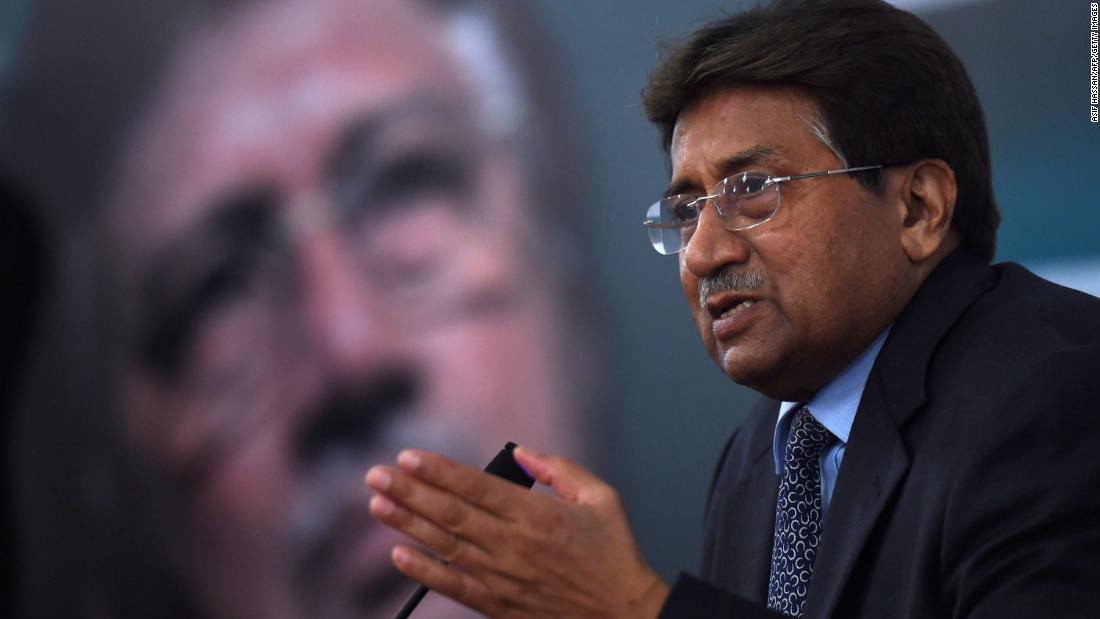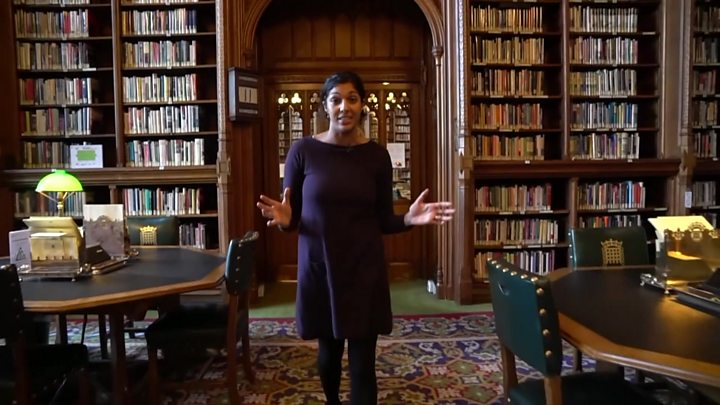
It has been a week of violent protests across India over a controversial "anti-Muslim" citizenship law, which critics say violates the country's secular constitution.
The law passed last week aims to grant citizenship to "persecuted" Hindus, Parsis, Sikhs, Buddhists, Jains and Christians - and not Muslims - who arrived in India before December 31, 2014, from Bangladesh, Pakistan or Afghanistan.
The opposition parties argue the law is discriminatory - even the United Nations has said so - and singles out nearly 15 percent Muslim minority among India's 1.3 billion people.
Although the law has triggered protests across the country, the protesters have different reasons to take to the streets. Here are the three main reasons:
Anger against 'foreign migrants'
In the northeastern state of Assam, which shares borders with Bangladesh, Myanmar and China, protesters in the main city of Guwahati and other areas hit the streets fearing the new law will encourage Hindus from Bangladesh to settle in the region.
The citizenship law protests began in Assam, where six people have died so far, four of them in police firing as mobs torched buildings and train stations.
Troops were deployed in the state and mobile internet had to be suspended in at least 10 districts. The ban has now been lifted, though the state remains tense.
Assamese say the citizenship law allowing Hindus from Bangladesh to settle there will burden resources and threaten their language, culture and tradition.
In Assam, the anger over the citizenship law follows a contentious National Register of Citizens (NRC) exercise that was intended to weed out undocumented immigrants mainly from Bangladesh.
Nearly 2 million people were excluded from the NRC list, who now face a long and arduous legal process to prove their citizenship or be detained or deported.
Residents now fear the new citizenship law will provide protection to Bengali-speaking Hindus left off Assam's NRC list and leave Bengali-speaking Muslim migrants vulnerable to deportation.
Tripura, another northeastern state, also witnessed protests against the citizenship law.
200 million Muslims fear marginalisation
The second reason why there is deep resentment and anger against the citizenship law, especially among Muslim students, is because the legislation is seen as part of Prime Minister Narendra Modi's agenda to marginalise India's 200 million Muslims.
India's Home Minister Amit Shah has pledged to apply the NRC process nationwide to rid India of "infiltrators" and "termites" as a follow-up to the citizenship legislation, triggering widespread fears among Indian Muslims of being targeted and harassed by the Hindu nationalist government.
Since the law was passed on December 12, thousands of Muslims across India hit the streets, responding to calls made by Muslim and civil society groups against the government's move.
At New Delhi's Jamia Millia Islamia (JMI) and Uttar Pradesh state's Aligarh Muslim University (AMU) - India's largest minority institution situated 130km (81 miles) from the Indian capital - thousands of students have been agitating against the law.
On Sunday, in near-simultaneous attacks, police in riot gear stormed into the two campuses, firing tear gas shells and launching a baton charge on the protesting students. More than 100 students were wounded in the police action, some critically.
At JMI, multiple videos shot by students showed police smashing their way into the main library and mosque as hundreds of terrified students barricaded doors and hid inside bathrooms to protect themselves.
Delhi: Students of Jamia Millia Islamia gather outside the university in protest against #CitizenshipAmendmentAct pic.twitter.com/48mAGfxiAo
— ANI (@ANI) December 17, 2019
Various media outlets, including The Washington Post, reported on Monday that at least two JMI demonstrators were taken to hospitals with bullet wounds.
Dozens of students were detained despite their injury and taken to police stations, triggering a major night-long demonstration outside the headquarters of the Delhi police.
"India's constitution is against any such law that discriminates on the basis religion, caste, creed or gender. This [citizenship law] is a clear attempt to declare Muslims as second-class citizens," Anupam Tiwari, a 21-year-old JMI student, told Al Jazeera.
Solidarity protests across India
A third and final form of protests essentially grew out of anger among university students and teachers over the attacks on JMI and AMU.
As soon as photos and videos shot by students under siege at JMI and AMU spread on social media, a rash of protests broke out in universities and colleges in other parts of India, including JMI.
Thousands of students marched on their campuses or on the streets on Monday in solidarity with JMI and AMU students, and to uphold the secular principles of the Indian constitution.
Even the end of the academic session did not deter many students as they forced the cancellation of examinations in several universities and colleges, according to Indian media reports.
Students are protesting across India.
Updated map by @nithya_sub https://t.co/eMkIBlMk6N pic.twitter.com/6tgZ1CIzOQ
— Supriya Sharma (@sharmasupriya) December 17, 2019
Solidarity protests are being organised in nearly two dozen cities across India, including New Delhi, the financial hub of Mumbai, Ahmedabad in Gujarat state and Thiruvananthapuram in Kerala.
A number of civil society organisations and individuals have also joined the protests in these cities, in what has become the biggest political challenge for Prime Minister Modi's government since it came to power nearly six years ago.
|
India protests spread across universities |
https://news.google.com/__i/rss/rd/articles/CBMiXmh0dHBzOi8vd3d3LmFsamF6ZWVyYS5jb20vbmV3cy8yMDE5LzEyL2luZGlhbnMtcHJvdGVzdGluZy1jaXRpemVuc2hpcC1sYXctMTkxMjE3MDcwNDIzMTAxLmh0bWzSAWJodHRwczovL3d3dy5hbGphemVlcmEuY29tL2FtcC9uZXdzLzIwMTkvMTIvaW5kaWFucy1wcm90ZXN0aW5nLWNpdGl6ZW5zaGlwLWxhdy0xOTEyMTcwNzA0MjMxMDEuaHRtbA?oc=5
2019-12-17 12:36:00Z
CAIiEGpyRfYBePKyuA5ihZhK_G8qFAgEKgwIACoFCAowhgIwkDgw0O8B




